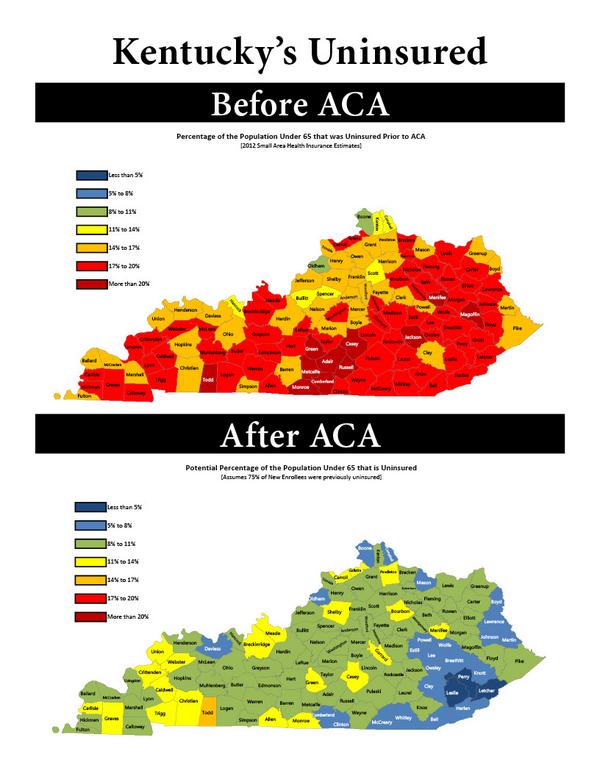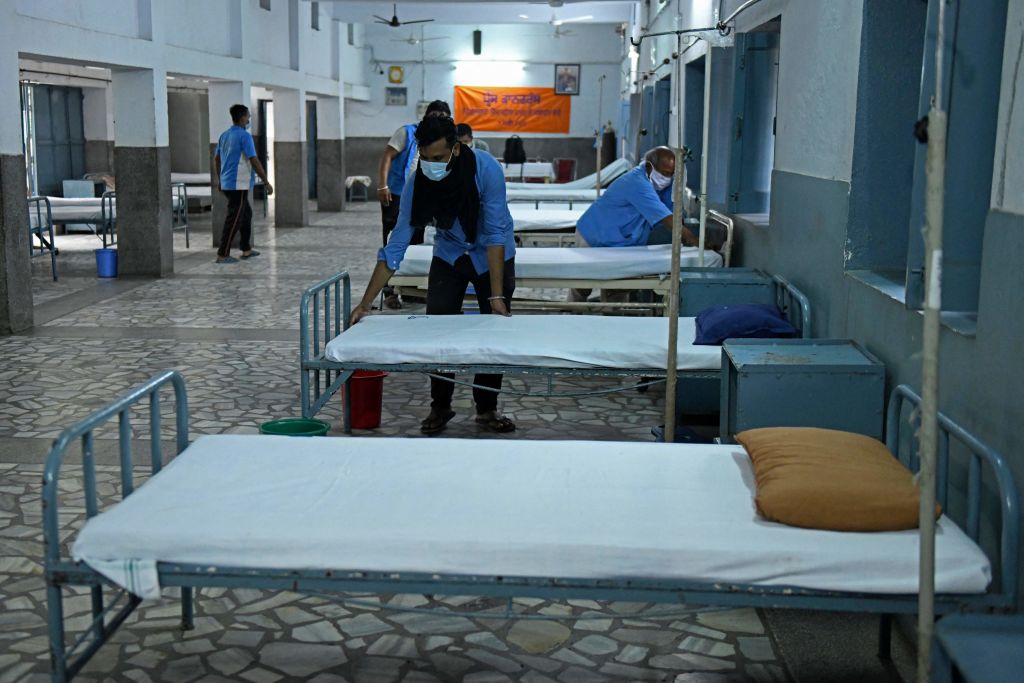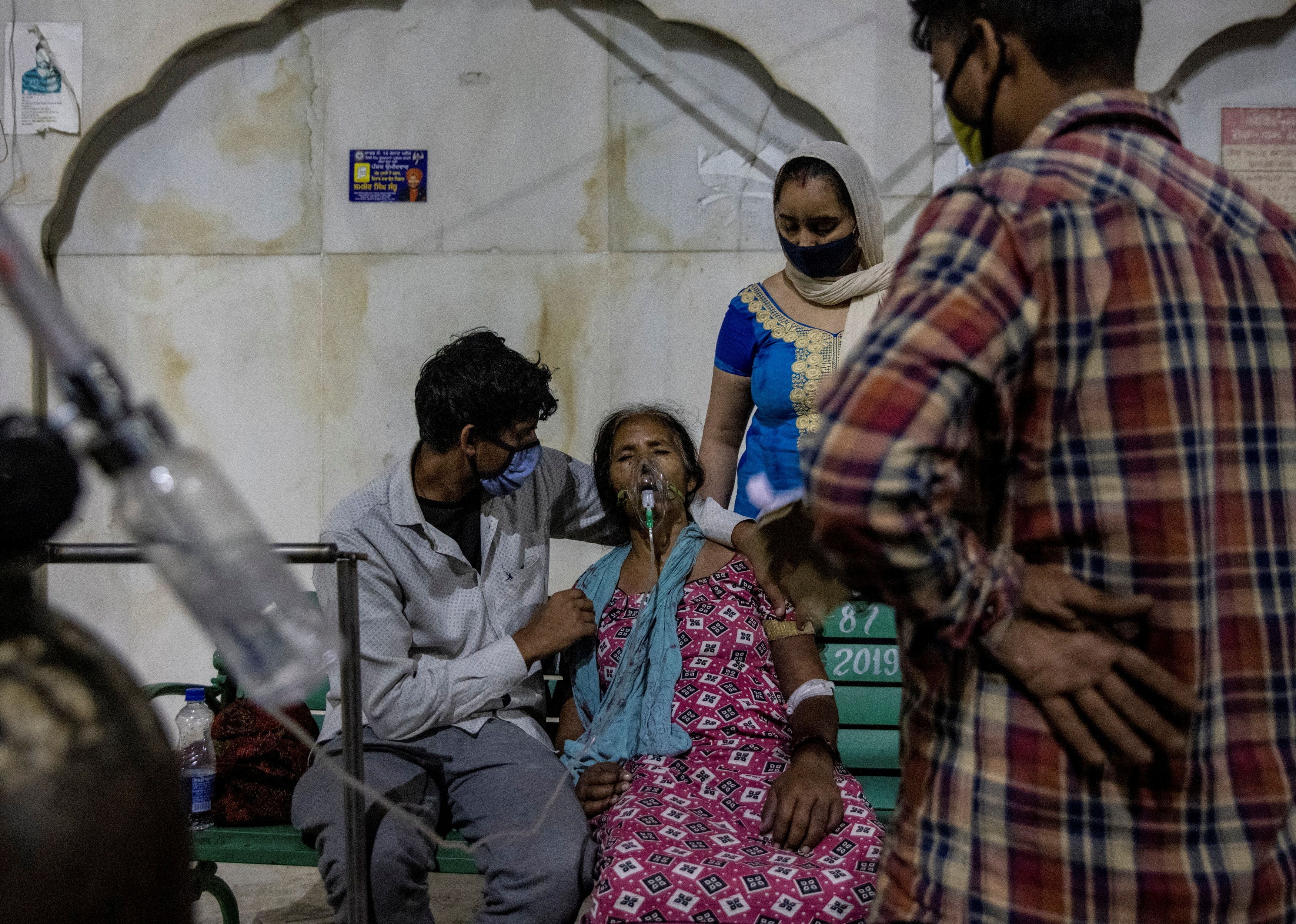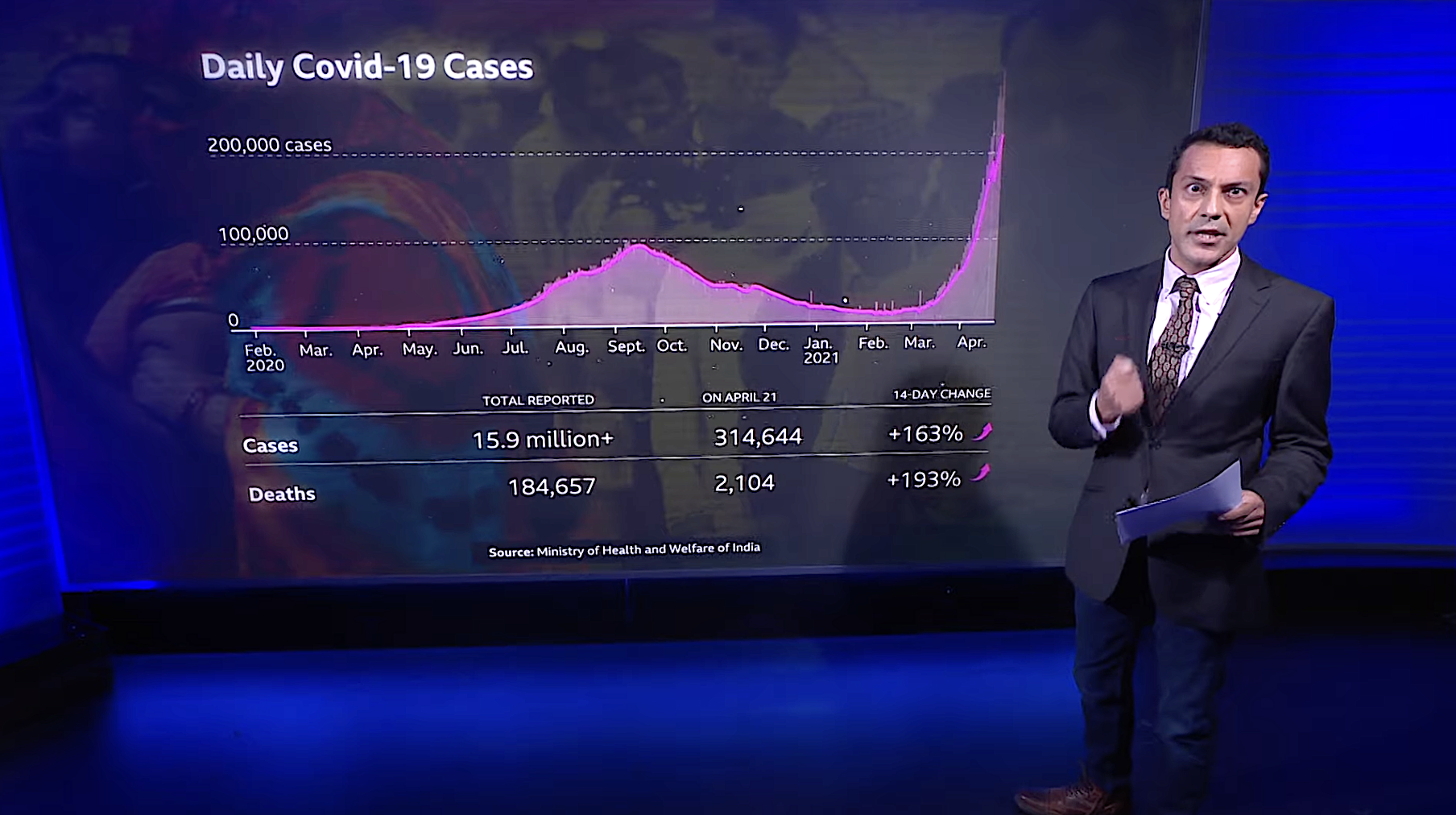ObamaCare is working. Here's what's next for health care reform.
The Affordable Care Act is a good start. But we have a long ways to go.


A free daily email with the biggest news stories of the day – and the best features from TheWeek.com
You are now subscribed
Your newsletter sign-up was successful
Assuming the Supreme Court doesn't shank ObamaCare to death this summer, it's time to start thinking about the future of American health care after the Affordable Care Act. The law has been up and running for about a year and a half now, and while it has clearly been a large success, there is still a long ways to go.
By examining the parts of ObamaCare that work best, the parts that need attention, and the shortcomings that have yet to be addressed at all, we can outline some rough principles for reform. First, simple government-run programs like Medicaid are best. Second, reform should be national, not left to the states. And third, the government should not hesitate to use its pricing power to keep costs down.
Probably the clearest example of ObamaCare's success can be found in Kentucky. It's a poor, conservative state, so its uninsurance problem was very bad. But the state boasted an extremely committed and effective rollout of the law. As a result, uninsurance rates plummeted:
The Week
Escape your echo chamber. Get the facts behind the news, plus analysis from multiple perspectives.

Sign up for The Week's Free Newsletters
From our morning news briefing to a weekly Good News Newsletter, get the best of The Week delivered directly to your inbox.
From our morning news briefing to a weekly Good News Newsletter, get the best of The Week delivered directly to your inbox.

Getting people insured is the first step to providing access to good health care, and Kentucky's achievement in this respect is nothing less than magnificent. However, that's only the beginning — government also has to make sure that insurance actually covers reasonable treatment. This is the problem of "underinsurance," in which people spend more than 10 percent of their income on out-of-pocket health care spending. It's a problem because people tend to forego necessary care when they're underinsured. As Aaron Carroll of the Indiana University School of Medicine explains, ObamaCare is not doing so well in this area:
In a nutshell, the problem is that the cheapest ObamaCare plans in many cases don't really cover enough. The deductibles and co-pays are so high that the enrollees qualify as underinsured. Worse, some politicians have proposed introducing even cheaper "copper" plans into the ObamaCare marketplace, making the underinsurance problem worse.
The problem here comes from two sources: the exchanges, and the overall costliness of health care. On the one hand, it should not be possible to be underinsured with exchange-bought insurance. On the other, policy ought to be directed at reducing the price of access.
The first problem is conceptually easy to fix, if a tough political lift. Legislators proposing copper plans are trying to reduce government spending by shifting costs to the poor and near-poor. Instead, they should abolish the bronze plans and boost subsidies.
A free daily email with the biggest news stories of the day – and the best features from TheWeek.com
Pricing is a trickier question. As many, many experts have demonstrated, American health care pricing is an absolute catastrophe. Our prices are the highest in the world, yet they also vary by staggering amounts from place to place. Overall, Medicare pays the cheapest prices due to the program's great bargaining power, while individual uninsured people get gouged.
This brings me to the best part of ObamaCare: the Medicaid expansion. Like Medicare, it also gets good prices. And though conservatives hate it, the Medicaid expansion has been by far the most effective part of the law — despite the fact that it has not been implemented in many of the states that need it the most, like Florida and Texas. Over 16 million previously uninsured adults got insurance from the law as a whole, and over two-thirds of those people are on Medicaid.
It worked because expanding Medicaid didn't require a complex new website or an overhaul of a disastrously malfunctioning private insurance market. We saw no bumbling trainwreck of a rollout, just a change in definition of who is eligible for a program that already works. Therefore, future efforts should focus on convincing conservatives states to take the huge pile of free Medicaid money that is on offer, while future reforms should simply enroll all eligible Americans without requiring individual states to opt in.
Medicaid's success points to a broader conclusion: With the private insurance market basically stabilized, single payer-style programs like Medicaid and Medicare ought to be expanded, not cut. Ratcheting up Medicaid was a great success, so ratcheting down Medicare to cover younger people would also be a great idea. And as Mike Konczal explains, bringing back the public option from the original 2009 House version of ObamaCare (basically a no-frills government-run insurance plan that would be available to everyone) would also be an excellent idea.
There's more. The key way that virtually every other country keeps health care costs down (even conservatives' beloved Singapore) is to implement price controls. Here's how you do it: just mandate Medicare pricing across the entire health care system, without exception. Thereafter hip replacement prices will not be $12,500 in one place and $105,000 in another.
These reforms all represent tough political challenges. But we will at least have a solid foundation to build on.
Ryan Cooper is a national correspondent at TheWeek.com. His work has appeared in the Washington Monthly, The New Republic, and the Washington Post.
-
 Why are election experts taking Trump’s midterm threats seriously?
Why are election experts taking Trump’s midterm threats seriously?IN THE SPOTLIGHT As the president muses about polling place deployments and a centralized electoral system aimed at one-party control, lawmakers are taking this administration at its word
-
 ‘Restaurateurs have become millionaires’
‘Restaurateurs have become millionaires’Instant Opinion Opinion, comment and editorials of the day
-
 Earth is rapidly approaching a ‘hothouse’ trajectory of warming
Earth is rapidly approaching a ‘hothouse’ trajectory of warmingThe explainer It may become impossible to fix
-
 The bodies of suspected COVID-19 victims are turning up in Indian rivers
The bodies of suspected COVID-19 victims are turning up in Indian riversSpeed Read
-
 India records 4,000 COVID-19 deaths in a day for 1st time
India records 4,000 COVID-19 deaths in a day for 1st timeSpeed Read
-
 India hits new COVID-19 infection and fatality records as pressure grows for lockdowns
India hits new COVID-19 infection and fatality records as pressure grows for lockdownsSpeed Read
-
 At least 10 people died after Indian hospital ran out of oxygen: 'Everyone was helpless'
At least 10 people died after Indian hospital ran out of oxygen: 'Everyone was helpless'Speed Read
-
 India sets a 5th straight COVID-19 infection record, as U.S. and other countries pledge help
India sets a 5th straight COVID-19 infection record, as U.S. and other countries pledge helpSpeed Read
-
 Fire at Iraqi hospital treating COVID-19 patients kills at least 82
Fire at Iraqi hospital treating COVID-19 patients kills at least 82Speed Read
-
 India is running dangerously low on oxygen as COVID-19 cases spike, and crematoriums can't meet demand
India is running dangerously low on oxygen as COVID-19 cases spike, and crematoriums can't meet demandSpeed Read
-
 Why COVID-19 deaths were reportedly nearly as likely in 5-star nursing homes as 1-star facilities
Why COVID-19 deaths were reportedly nearly as likely in 5-star nursing homes as 1-star facilitiesSpeed Read
